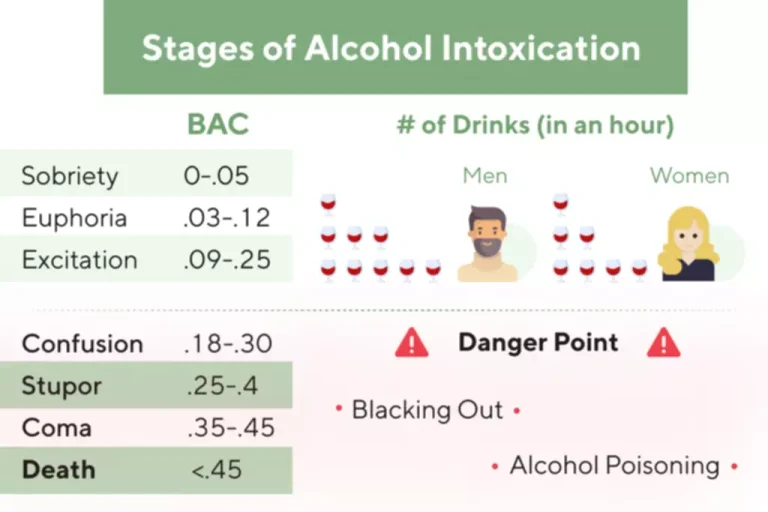
If you’re turning to alcohol to help you sleep, you may be making the quality of your sleep worse. Many of us find ourselves tossing and turning at night, trying to get that elusive 7 to 8 hours of sleep experts say we need but never finding it. So while cutting out drinking will likely benefit your sleep, there may be other factors affecting your shuteye.
Institutional Review Board Statement
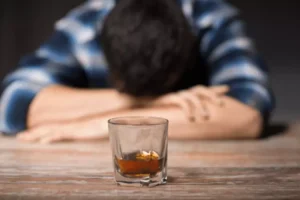
Then, as withdrawal from the drug or alcohol occurs there’s a big sleep-wake reversal which then needs to be addressed. Though alcohol may help you fall asleep faster, it can disrupt the important REM stage of your sleep cycle, leading to lack of sleep or sleep disorders like insomnia. Drinking alcohol can affect the quality and length of your sleep, leading to sleep disorders — such as insomnia and sleep apnea — in some. Some studies have reported a mild withdrawal syndrome persisting after the cessation of an acute withdrawal phase.
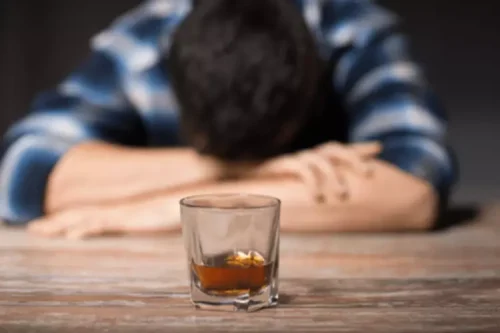
Articles
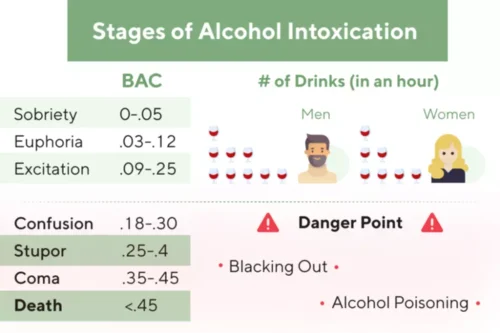
Given the prevalence of depressive symptoms among patients with AUD (SAMHSA, 2016) and the promise of these findings, additional studies examining the impact of CBT-I on psychiatric outcomes among patients with AUD are warranted. In this population based setting, drinking high volumes of alcohol or drinking hazardously may contribute to the prevalence of sleep problems in older age. Those with disrupted sleep should consider reducing alcohol consumption and people in this age group, particularly men, should be discouraged from using alcohol as a sleep aid. It is well recognized that sleep problems have a significant impact on quality of life with increased morbidity and mortality seen in population studies3. Identifying people at risk of sleep disturbances as a result of their drinking may have important public health benefits. In a recent cross-sectional population study of 187,950 adults in the United States short sleep prevalence was higher among adults who consumed any alcohol compared with those who never consume alcohol18.
How Alcohol Affects People With Insomnia
Having bulletproof sleep hygiene can also help you fall and stay asleep, and this is even more important if you’ve had a drink. RISE can tell you when to do 20+ sleep hygiene habits at the time that makes them the most effective for you. There are many medications used to treat insomnia, including benzodiazepine and nonbenzodiazepine medications. If you’re in recovery, your healthcare provider will need to weigh the risks and benefits of prescribing these medications for insomnia.
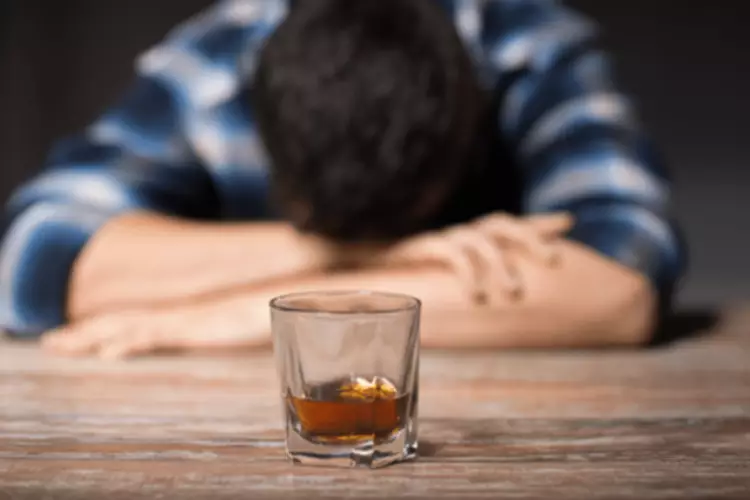
Access this article
- Eligible studies evaluated the efficacy of an insomnia intervention, included a comparison condition, sampled individuals with AUD and either insomnia disorder or complaints of insomnia, assessed sleep-related outcomes, and provided relevant statistics to calculate between-group effect sizes.
- First, it can help to simply recognize how alcohol impacts your sleep and energy levels.
- Vitiello and colleagues (1990) found that low levels of oxygen in the blood (i.e., hypoxemia) occurred more commonly in alcoholic men who had been abstinent for a mean of 115 days than in control subjects.
- Given the negative impact of insomnia symptoms on alcohol-related outcomes, resolution of these symptoms may positively impact rates of alcohol relapse.
- Another limitation is that we were not able to capture fully patterns of consumption in terms of binging.
On the other hand, it has been reported that alcohol, taken in high concentrations and for fairly long periods of time, is able to modify https://ecosoberhouse.com/ sleep architecture and promote the onset of sleep disorders 86,99,100,101. It has also been shown that the rate of sleep disturbance is significantly higher in individuals diagnosed with alcohol dependence than in the general population 102,103,104. This systematic review and meta-analysis evaluated the efficacy of insomnia interventions among individuals with comorbid AUD. We integrated the results of nine trials involving 410 alcohol dependent participants. Both behavioral and pharmacological insomnia interventions improved sleep quality and depressive symptoms among individuals with comorbid AUD, although improvements were stronger for behavioral interventions. Neither behavioral nor pharmacological interventions improved rates of alcohol abstinence within this population.
A multidisciplinary team of health experts collected and analysed the data collected through the questionnaires administered regarding alcohol and sleep habits. At the end of the medical evaluation, a further 5% (30) were excluded from the study because they were undergoing anxiolytic or antidepressant therapy at the time of the research. Finally, subjects with a body mass index greater than 32 with obvious dysmetabolic diseases or undergoing major therapies with antineoplastic drugs, immunosuppressants or corticosteroids or people who had contracted COVID symptomatically, requiring hospitalization were not included 12% (72). Older men who consume alcohol are more likely to have a worse sleep profile, characterized by waking tired and waking several times during the night.
Sleep Stages and their Measurement
In general, the use of alcohol can prevent someone from falling into deep sleep, which is crucial to maintaining normal brain function, physical health, and emotional well-being. The toll this takes could already cause strain to one’s life and relationships. This means that someone self-medicating spirals deeper into alcohol insomnia their dependency, turning it into a full-blown addiction faster. Addiction to alcohol and insomnia commonly co-exist, as many who have trouble falling asleep mistakenly turn to alcohol in order to help them get rest.
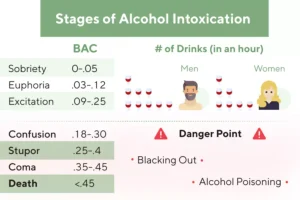
Sleep better. Sell more.
Take our short alcohol quiz to learn where you fall on the drinking spectrum and if you might benefit from quitting or cutting back on alcohol. First, it can help to simply recognize how alcohol impacts your sleep and energy levels. Then, you can take steps—like cutting back, practicing healthy sleep hygiene, and seeking support if needed—to improve your habits and start feeling better. When you’re heading to bed after a long day, a few drinks can feel like the perfect way to get some shuteye. But the truth is, alcohol’s alleged “sleep-enhancing” benefits may not be all they’re cracked up to be.
How to prevent disrupting sleep after drinking
One sleep factor that may mediate some of alcohol’s effects on sleep is growth hormone-releasing hormone (GHRH) (Krueger et al. 1999; Lands 1999). As the name implies, GHRH also stimulates the release of growth hormone, although the sleep-promoting action of GHRH does not depend on growth hormone. As mentioned in the main article, brain chemicals (i.e., neurotransmitters) that mediate the transmission of nerve signals from one nerve cell (i.e., neuron) to the next likely play important roles in mediating alcohol’s effect on sleep in alcoholics. These neurotransmitters are released by the signal-emitting neuron, travel across a small gap (i.e., the synapse) between the neurons, and then interact with protein molecules (i.e., receptors) on the surface of the signal-receiving neurons. Depending on the type of neurotransmitter (and, in some cases, the type of receptor), receptor activation can either result in or prevent the generation of a new nerve signal or the production of new proteins in the signal-receiving neuron. Neurotransmitters that allow the generation of a new nerve signal are called stimulatory neurotransmitters, whereas those that prevent the generation of a new nerve signal are called inhibitory neurotransmitters.
Deixe uma resposta